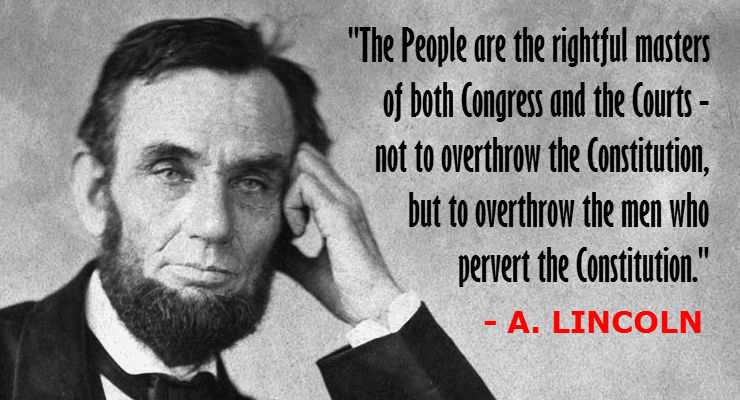
The extent of potential voter suppression in Georgia is being revealed to have alarming depth and sophistication. It is just few days to the midterm elections and the list of lawsuits targeting the state’s election system is worryingly long. The lawsuits amount to a stunning series of public accusations of election manipulation and there is almost no likelihood of most being fixed before the vote is over. In an era when American elections in general are flawed at best, Georgia is pushing firmly to lead the 50 states with the least-representative voting system of all.
The Republican Party is unfortunately behind the worst abuses in Georgia. The most galling fact: the Republican candidate for Governor is also currently acting as Georgia’s Secretary of State. In Georgia’s system, the Secretary of State has the role of supervising elections, so a blatant conflict of interest is clear.
So the Republican candidate, Brian Kemp, is supervising himself and even making changes to election administration that play in his own favor. Judging from the accusations made in a series of lawsuits and reported in the media, Kemp could very well be using his power over state election law to win his election.
Georgia is currently facing five legal proceedings related to this ongoing controversy and, because Kemp is Secretary of State, each of the five proceedings actually have Kemp’s name as the defendant. Ballot Access News, edited by the impressively prolific election expert Richard Winger, has been keeping a close eye on the lawsuits and recently published a summary of each:
Georgia Coalition for the Peoples’ Agenda v Kemp, 1:18cv-4727, has a hearing on October 29. This is the case over Georgia’s slow pace of processing voter registration applications, when there is a tiny discrepancy between information on the application and information already in state databases.
Georgia Muslim Voter Project v Kemp, 1:18cv-4789, has a hearing on October 23. This ACLU lawsuit challenges Georgia’s procedure when an application for an absentee ballot is received, and the election official believes the signature on the application doesn’t match the signature on the voter registration form. Although the law requires the applicant to be informed, there is no requirement that the applicant be informed in time to do anything about the problem.
Martin v Kemp, 1:18cv-4776, has a hearing on October 23. This lawsuit challenges state procedures when a mail ballot is received and the signature on the outer envelope doesn’t seem to match the signature on the voter registration form. As is the case for absentee ballot applications, the election official is required to notify the voter that the ballot has been rejected, but there is no requirement that this be done timely.
Cowen v Kemp, 1:17cv-4660. This is the Libertarian Party ballot access challenge to the 5% petition for U.S. House candidates. This case will not be settled until 2019. Georgia attorneys have been so busy with other election law cases, they have postponed depositions in the ballot access case three times, and new deposition dates still aren’t set.
Curling v Kemp, 1:17cv-2989. This is the case that challenges the vote-counting machines for not having a paper audit trail. Although it won’t be settled in time for the 2018 election, the plaintiffs are pressing for an expedited process.
These are only the accusations with ongoing court cases and much more has been reported in the media. Keep up to date by following DC and regularly checking for our latest news on American Democracy.

Leave a Reply